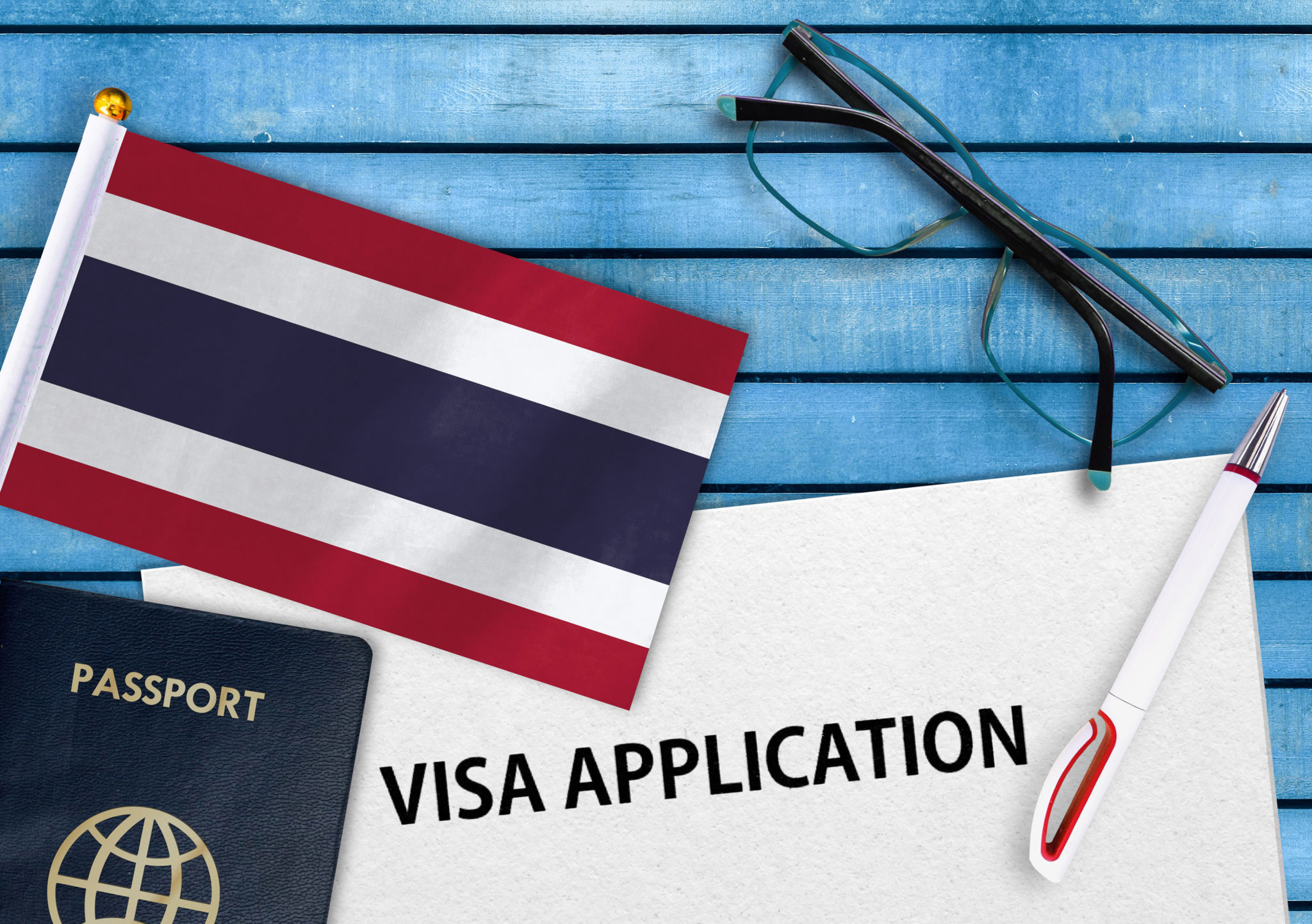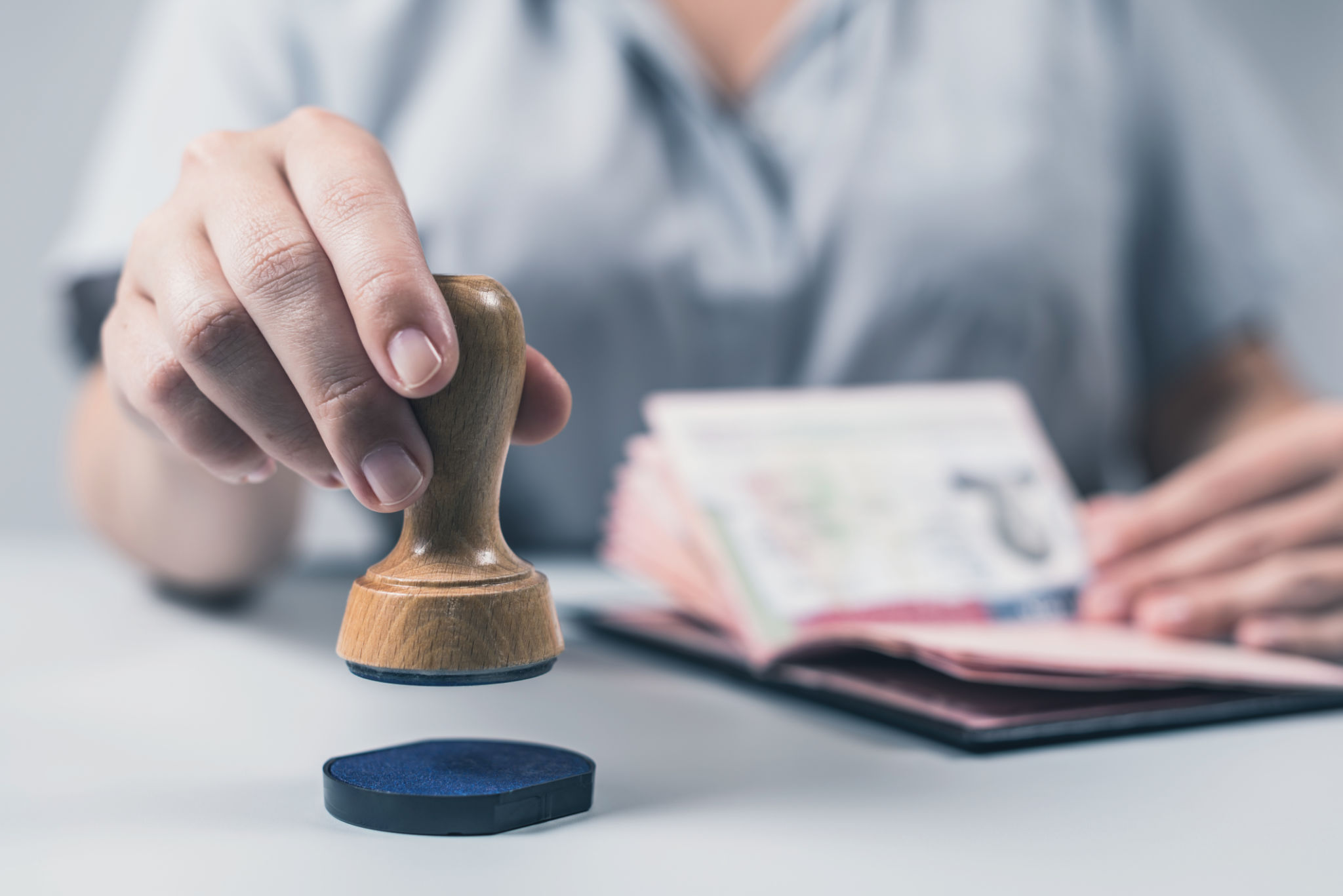Avoiding Common Mistakes with Thailand Visa Applications
Understanding Visa Types
When planning a trip to Thailand, one of the first steps is understanding the different types of visas available. Thailand offers a variety of visas depending on the purpose and length of your stay. Common options include the tourist visa, transit visa, and non-immigrant visa. It's crucial to choose the right visa type to avoid complications during your application process.
Each visa type has specific requirements and limitations. For instance, a tourist visa typically allows for a stay of up to 60 days, with an option for a 30-day extension, while a non-immigrant visa can cater to long-term stays for business or education. Ensure you thoroughly research or consult with the Thai consulate to determine which visa best suits your travel plans.

Preparing Your Documents
One of the most common mistakes applicants make is failing to prepare all necessary documents. Depending on your visa type, you may need to provide proof of accommodation, financial statements, and a return ticket. Ensuring that your passport is valid for at least six months from your entry date is also vital.
It's advisable to create a checklist of required documents to track what you have and what you need to obtain. Missing or incorrect documentation can lead to delays or even rejection of your application. Double-check everything before submission to ensure you're in compliance with Thai immigration requirements.

Filling Out the Application Form
An often overlooked aspect of the visa application process is accurately filling out the application form. Mistakes such as misspellings or incorrect personal information can lead to delays. Take your time to fill out each section carefully and review it multiple times for accuracy.
It's important to note that some sections may not be applicable to you; if so, clearly indicate this rather than leaving it blank. This attention to detail shows thoroughness and can help prevent unnecessary complications.

Submitting Your Application
Once your application form and documents are ready, the next step is submission. Depending on where you reside, you may be required to submit your application in person at a Thai embassy or consulate, or you may be able to apply online. Be sure to check the specific submission guidelines for your location.
Remember that each embassy or consulate might have its own processing times, so plan accordingly and apply well in advance of your intended travel date. This will give you ample time to address any issues that might arise during processing.
Paying Attention to Fees
Visa applications often come with associated fees, which vary depending on the type of visa and the processing speed you choose. Ensure that you are aware of these costs and factor them into your travel budget. Failure to pay the correct fee can result in delayed processing or a rejected application.
Most embassies require payment in local currency, so verify the payment method accepted by your specific embassy or consulate. Keep a record of all transactions as proof of payment.
Staying Informed About Changes
The rules and regulations regarding visas can change frequently based on diplomatic relationships and other factors. Stay informed about any updates or changes in the visa application process by regularly checking official Thai government websites or contacting your local Thai embassy.
Being proactive in this regard can save you from potential issues and ensure that your travel plans proceed smoothly. Consider subscribing to updates or alerts from reliable sources about visa changes.

Conclusion
Avoiding common mistakes with Thailand visa applications requires careful attention to detail and thorough preparation. By understanding the different types of visas, preparing all necessary documents, accurately completing application forms, and staying informed about any changes, you can increase your chances of a successful application.
Taking these steps not only helps prevent delays but also ensures that your travel experience to Thailand is as enjoyable and stress-free as possible. Remember, preparation is key when it comes to international travel!